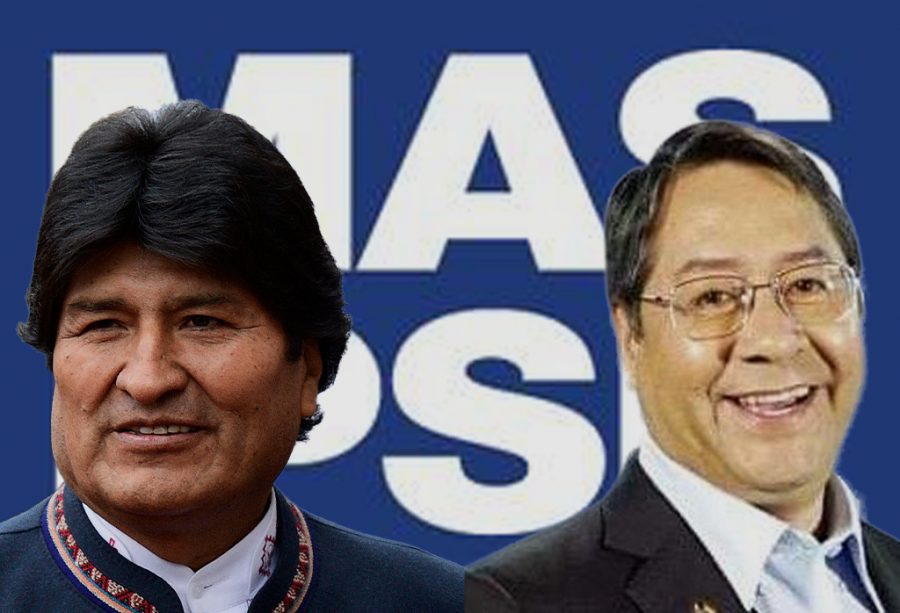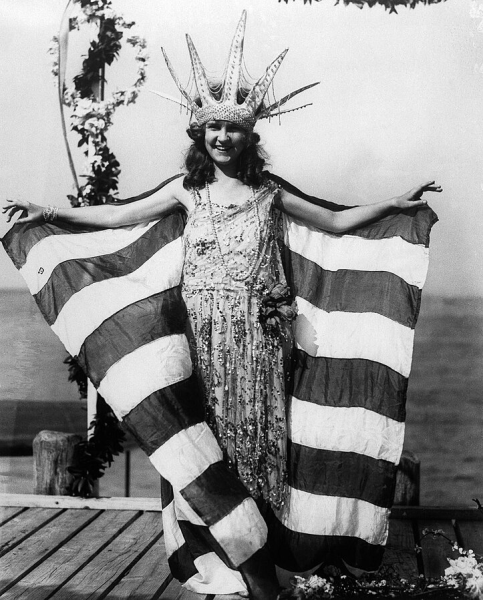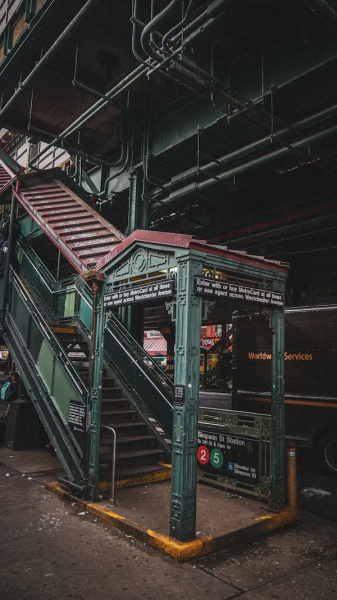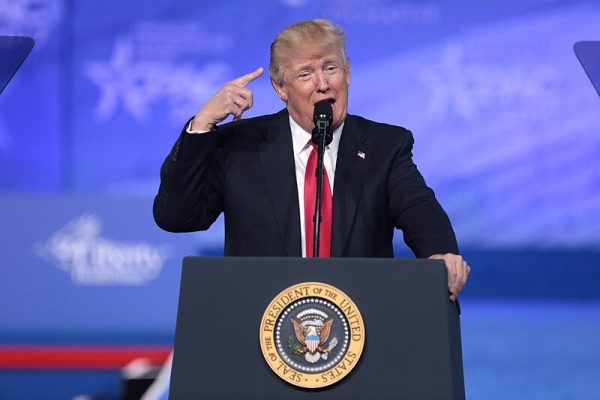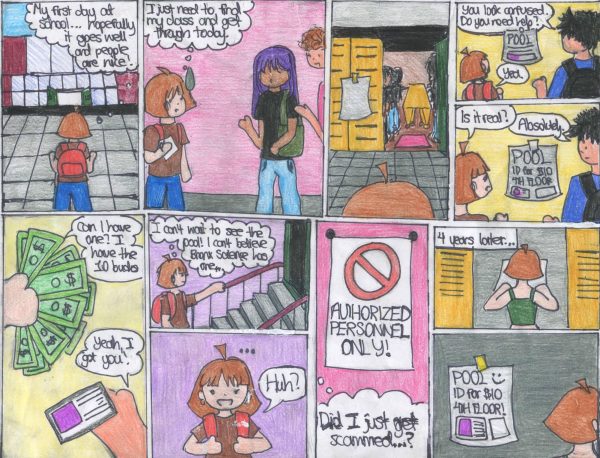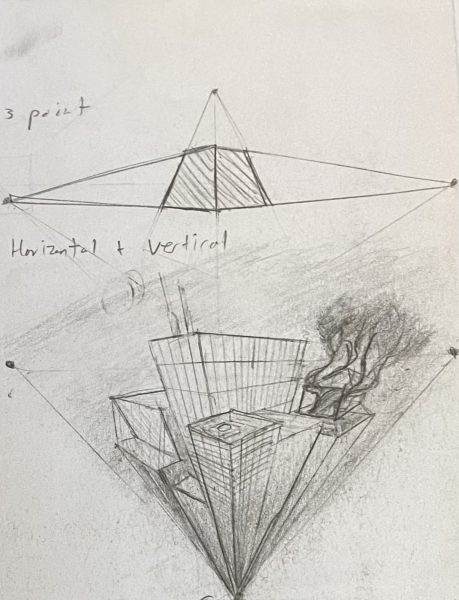A Miraculous MAS Victory in Bolivia and the Resurgence of the Pink Tide
The Pink Tide has long been in decline since the rise of a reactionary right-wing movement in the 2010s, but MAS’s underdog victory might prove that it can come back stronger than ever.
The leading figures in the MAS political party are Party Leader Evo Morales (at left) and President Luis Arce (at right).
After a year-long coup, civil unrest, and a widely unpopular interim president, democracy has returned to Bolivia. Ironically, the very party that was deposed in the coup returned to power — by a landslide at that. Luis Arce, a member of the political party Movimiento Al Socialismo (MAS), which means Movement towards Socialism, is the new democratically elected president of Bolivia. Such a big win for the Latin American left against U.S. foreign intervention begs the question: Will the Pink Tide that swept the continent in the 2000s make a return?
Neoliberalism vs Left-Wing Economics
Discussing the resurgence of Pink Tide requires an understanding of the two economic ideologies that characterize the movement. Generally, Pink Tide governments are a rejection of neoliberalism and a push towards the left.
Neoliberalism as a movement became popular in the mid to late twentieth century, possibly as a reaction to the Keynesian economic policy that dominated the post-Great Depression Era. Classical Liberalism and Neoliberalism agree in their opinions of privatization, a capitalist free market, the deregulation of the economy, and cuts in government spending (specifically concerning the public sector.) Neoliberals, however, often interfere in the processes of the invisible hand of the free market through the distribution of corporate tax cuts, subsidies, and other forms of assistance to the private sector. They also have a positive view of globalization, and many modern right-wing and centrist governments are economically neoliberal.
The left-wing economic spectrum consists of a wide range of ideologies. The most prominent moderate position on the left is that of a Social Democracy which is more of a reform on capitalism than explicitly anti-capitalist. Social Democracy is characterized by the establishment of a strong social safety net via government programs intended to provide assistance to the vulnerable, regulation of the market, some state ownership of the means of production, and strong unions under a capitalist framework. Contemporary American Social Democrats include Bernie Sanders and the progressive movement in the Democratic party.
Further left-wing positions are explicitly anti-capitalist. Various forms of socialism are prevalent in Latin America; they seek to abolish capitalism by putting the means of production into the hands of the working class. Socialist states achieve this through the nationalization of major industries and a centrally planned economy. Socialist positions also maintain many of the aspects of a social democracy such as a strong social safety net and unions.
Bolivia and Evo Morales’ Rise to Power
Evo Morales was the first Indigenous president of Bolivia and the founder of MAS, the party of the current president of Bolivia. As an Indigenous person, Morales understood the major class divide that existed in Bolivia between white Bolivians and Indigenous Bolivians. The effects of Spanish colonialism remained as a guiding factor for curating social hierarchy long after Bolivia gained independence from the Spanish empire, and in that social hierarchy, Indigenous Bolivians remained oppressed.
Economically, most of the means of production remained in the hands of the wealthy white Bolivians whose ancestry afforded them greater economic mobility. Politically, Indigenous groups had very little representation in the government and did not feel included by the Bolivian constitution.
The early twenty-frst century marked rough times for the working class. The neoliberal government began taking advantage of the various resources in Bolivia in order to promote global corporate interests, resulting in a decrease in quality of life for working-class Bolivians. In response, Morales spent time organizing protests and building coalitions against these injustices.
In the presidential election of 2005, Morales’ left-wing populist rhetoric and his brand of reformist socialism to combat inequality saw widespread support from the working class. His Indigenous identity and his promises to rewrite the constitution in order to be more inclusive and establish Bolivia as a plurinational state made him popular amongst the Indigenous population. It was no surprise that in 2006, Morales won the election.
During Morales’ presidency, a real positive change occurred for the economy and the working class. Morales nationalized various industries, promoted social programs for the poor, and raised taxes on the wealthy. His policies raised the per capita GDP by more than 50%, lowered poverty from 60% during the start of his presidency to 35%, halved unemployment, increased the minimum wage three times over, and provided education for more of the population than ever before.
The Coup
The trouble with Morales’s pursuit of a subsequent term after the end of his previous 2015 term can be traced back to a referendum made on the constitution in 2009. One of Morales’ promises was to rewrite the constitution to better suit the needs of all of the people in Bolivia as well as to secure democracy. During this time, a Plurinational Constitutional Congress was established in order to make sure legislation adhered to the constitution. Unlike the United States Supreme Court, members of the Plurinational Constitutional Congress are elected through a national nonpartisan election, not appointed.
In 2016, there was another referendum specifically on term limits with the Plurinational Constitutional Congress deeming them to be unconstitutional for every elected official. This meant that Morales was completely in his legal right to pursue reelection. The 2019 election once again resulted in a win for Morales and for MAS but the circumstances behind his next term presented an opportunity for the right-wing in Bolivia.
The Organization of American States (OAS), a group with members across the Americas and large influence from the United States, deemed the results of the election fraudulent. Post-coup analysis of the claims OAS made from various third parties such as researchers from M.I.T. and the Center for Economic and Policy Research found flaws in their statistical analysis and dismissed their claims as unfounded. Media narratives concerning this viewpoint circulated around the referendums and the Plurinational Constitutional Congress. Lies and misinformation spread about blatant partisanship in the Congress, which was demonstrably untrue.
This campaign against the results of the election led to a 21-day protest derailing the results. Intervention from the military and pleas from other organizations to get Morales to resign succeeded, and Morales was forcibly exiled, seeking asylum in Mexico. By deposing Morales, the right-wing revealed that when democracy did not lean their way it had to be left behind.
For the time being, the country needed a new president, and the next in line for the presidency after the purge of various members of MAS was Jeanine Añez. Añez represented the right-wing of Bolivia, particularly the opposition to Morales as a member of the center-right party Democrat Social Movement. Her status as interim president was upheld by the Plurinational Constitutional Congress.
As an ardent critic of MAS, Añez reversed the referendum that allowed Morales to run for a fourth term and attacked many of the policies introduced by MAS. MAS, of course, is not a perfect political party, and at times Añez’s criticism was warranted in exposing corruption that existed in the party. However, in doing so she blatantly ignored the wrongdoings and corruption on her own side. Furthermore, much of the rhetoric that Añez employed targeted Indigenous groups. As a devout Catholic, she made many remarks about the Christian God being intrinsically tied to political power and decried the secular nature of the state of Bolivia. For Indigenous groups, these remarks were reminiscent of the widespread oppression they had suffered from, as a result of their own religions and cultures.
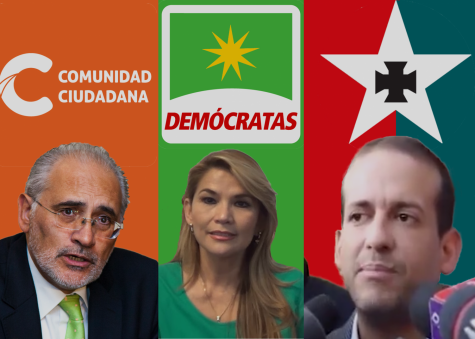
(Rahib Taher, Cancillería del Ecuador. Fundación CD, Abya Yala Digital, CC BY-SA 2.0, CC BY-SA 4.0, CC BY 3.0)
Aftermath
After 10 months of an interim president, Bolivia held its general election in October of 2020. The opposition included Carlos Mesa, a member of many centrist parties throughout his political career, and Luis Fernando Camacho, a borderline fascist who has been likened to a Bolivian Bolsonaro
Even after the coup, the weakening of MAS, and the exile of its leader, the right-wing opposition stood no chance against them in the general election. President Luis Arce garnered over 50% of the vote compared to Mesa’s 28% and Camacho’s 14%. Various world organizations heavily monitored this election and despite the fact, democracy chose MAS.
The Resurgence of the Pink Tide
The recent right-wing revival in governance across the continent poses a threat to any sort of resurgence of the Pink Tide. In the past 5 years, many right-wing governments gained control and defeated left-wing political opposition including Brazil’s Bolsonaro, Uruguay’s Luis Lacalle Pou, and Colombia’s Iván Duque Márquez.
However, in 2018 and 2019 various left-wing politicians gained the presidency, from Andrés Manuel López Obrador in Mexico, Laurentino Cortizo in Panama, and Alberto Fernández in Argentina. The victory of MAS and the presidency of Luis Arce in 2020 adds to this list.
It is also to say that there has been a significant weakening of some of the right-wing governments in Latin America most prominently that of Brazil, due to the Coronavirus pandemic and other recent events. David Del Castillo, a junior at the Scholars’ Academy High School believes that massive crises are catalysts for societal change. “Of course like any major crisis has, it leads to more suffering and the people start to question the status quo. I would say the strength of the right-wing has weakened somewhat among the younger working class but remains the same among the older generations,” Castillo said.
As for the revival of the left-wing to the extent of the Pink Tide, things are looking quite hopeful; grassroots organizations and civilian protests have played a massive role in confronting the errors of many right-wing governments. Alejandro Ordonez ’22 cites the protests in Colombia against Iván Duque Márquez’s government as an example. “Many movements in multiple Latin American countries gained prominence even with protest suppression and police killing protesters. The march in Bogotá showed the number of people that are for change,” Ordonez said.
Castillo is also hopeful of a revival of the left but maintains a degree of skepticism. “Yes, I think the victory of leftist candidates signals a revival of the left, but I don’t believe that changes much with the United States breathing down Latin America’s back at all times,” Castillo said. Historically, the United States has been involved in undermining the Latin American left. Prominent examples include the United States backed coup against Salvador Allende, resulting in the rule of Pinochet in Chile, and most recently, the coup in Bolivia.
MAS’s resilience against foreign forces proves that leftist movements can win even against the influence of international superpowers. It provides a shining example of the potential that the Latin American left may have in the coming years. A resurgence of the Pink Tide may very well be spurred on by the triumph of MAS and carried to fruition by the will of the people.
MAS’s resilience against foreign forces proves that leftist movements can win even against the influence of international superpowers.
Rahib Taher is a Copy Chief for 'The Science Survey.' He enjoys journalistic writing as it gives him the liberty to write about topics that interest him....

